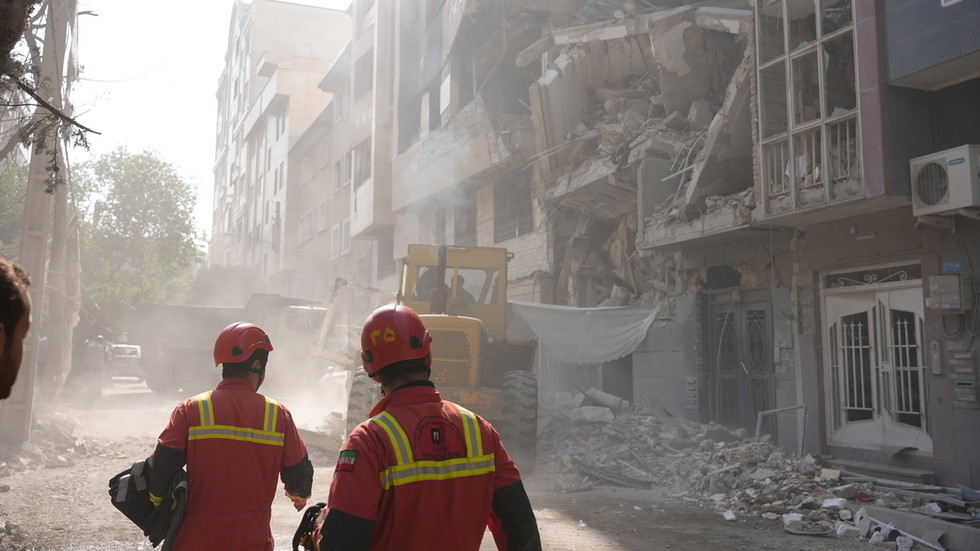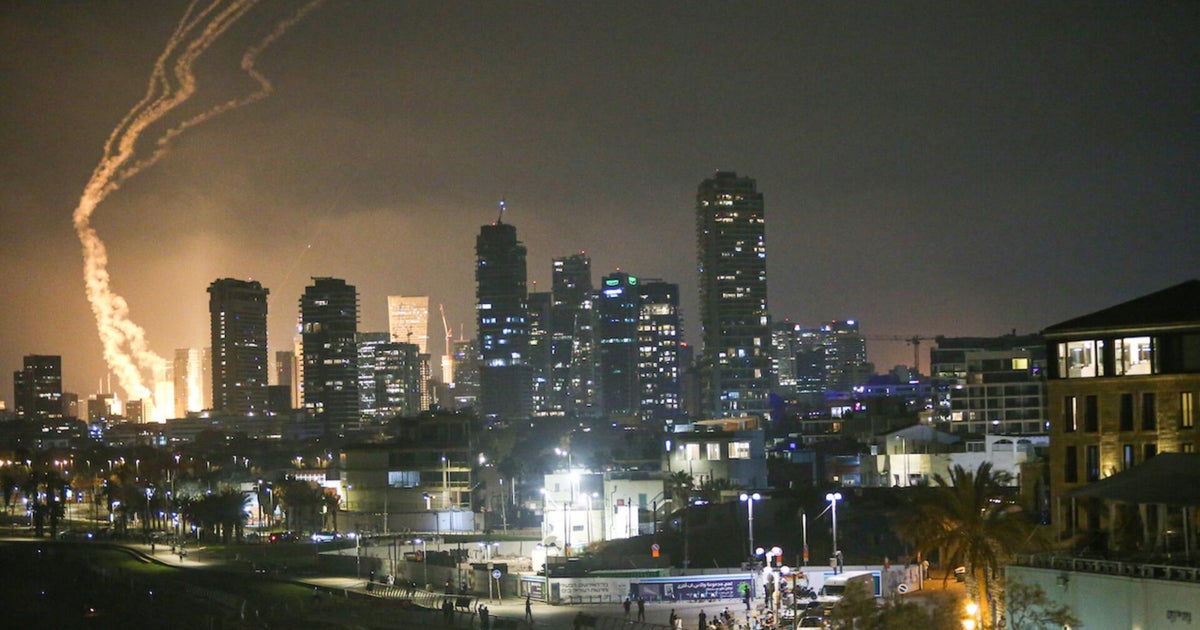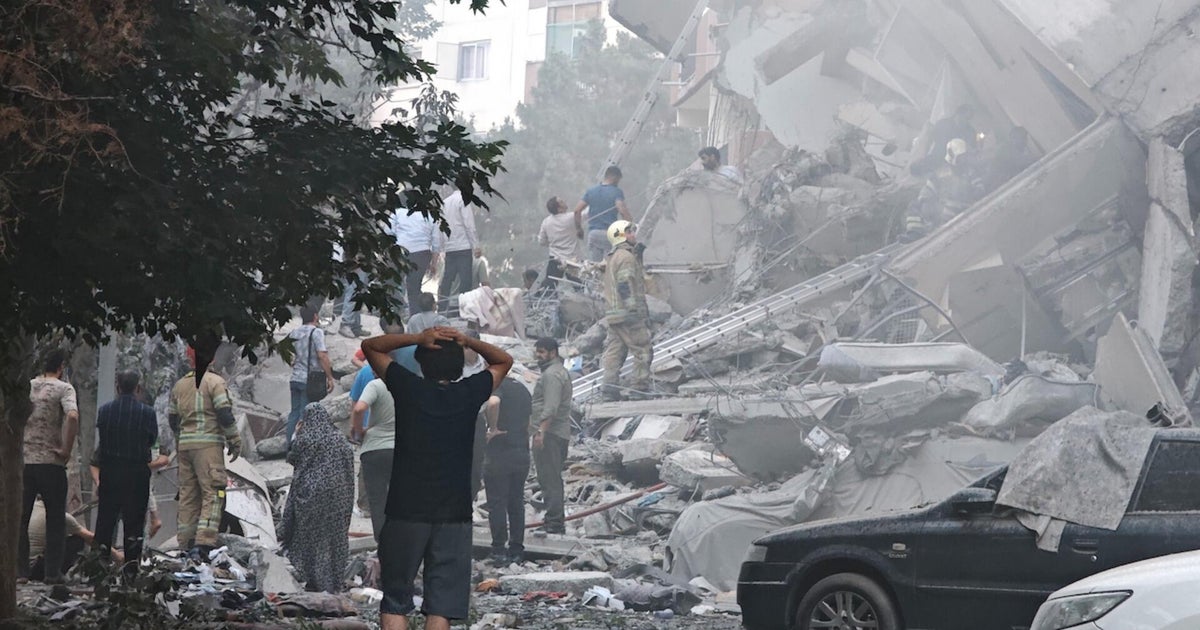ADVERTISEMENT
“Ask your intelligence, what is Russia planning this summer in Belarus?” Volodymyr Zelenskyy said in Lithuania on 2 June.
Addressing a group of nine NATO member countries in eastern and central Europe, Ukraine’s president urged them to "bring more strength together" for the possible Russian threat coming from the territory of Belarus.
Belarus opposition leader Sviatlana Tsikhanouskaya told Euronews the large-scale joint military exercises between Russia and Belarus taking place in the autumn might indeed pose a threat to NATO’s Eastern flank.
“Don't forget the last military drills in Belarus ended with the attack on Ukraine”, she said, referring to the upcoming Zapad 2021 manoeuvres.
In autumn 2021, just months before Moscow’s full-scale invasion of Ukraine, Moscow and Minsk held military exercises in Belarus, training, among other things, for assault operations in densely populated areas with the use of Russian equipment.
Back in 2022 Russia used Belarus as a launching pad for its attacks and full-scale invasion of Ukraine. But Moscow didn’t get the people of Belarus to participate in the assault, says Tsikhanouskaya, adding that Belarusians will not go against the Baltic states.
“They might be forced, but it doesn't mean that they will fight there. I hope that people will prefer to escape or change sides, but not fight with the Lithuanians or Poles, especially knowing how much these countries are supporting us”.
The Belarus opposition leader believes that this support is also for her. Since fleeing Belarus in 2020, she has been living in Lithuania, where she is now hearing the concerns and worries about whether her native country can stage an attack on the country which welcomed her when she had to leave home.
“It is a rather dire atmosphere with all the discussions over possible attacks on Lithuania, because Lithuania will be the first country on the way to the European Union”, she admits, saying there are also concerns over whether NATO will stand up for Lithuania.
“There are discussions of whether NATO will come to rescue Lithuanias, will there be enough time,” Tsikhanouskaya explains.
Tsikhanouskaya remains optimistic that NATO will step in despite the recent reports of European officials being concerned that Washington might even withdraw US troops from the Baltic states.
“I really do believe in NATO alliance, that with their unity and their power they will send a very clear signal to Putin ‘Don't dare’.”
She hopes a similar strong signal will be sent to Aliaksandr Lukashenka of Belarus as well, as the further militarisation of the country is getting worse, Tsikhanouskaya says.
“People notice how regime is militarising our society. There are many enterprises and factories now are working for Russian military. We have all the proofs how enterprises participate in this war against Ukraine.”
Lukashenka forcefully militarises Belarusian society
Tsikhanouskaya told Euronews that Aliaksandr Lukashenka is also forcing the militarisation of Belarusian society.
“We see how young people are very much involved into this militarisation in schools, in universities, where the militarisation subjects are being taught," she explained.
She said that this way, Lukashenka’s regime was trying to show the population that there is an external enemy to unite against — a strategy also used by Moscow.
“They want to show we have external enemies, somebody wants to invade us, so they are saying they try to prepare the nation for some for some possible danger in the future," Tsikhanouskaya pointed out.
But compared to the similar militarisation strategy in Russia, this won’t work on the people of Belarus, Tsikhanouskaya said.
And although there is a complete understanding that Belarus might be used by Russia "with the help of Lukashenka for possible future attacks on Ukraine or on the European Union," people will resist the direct involvement.
“I don't think that the same method will work with the Belarusian nation, because Belarusians really don't understand how it is to fight against our neighbor and how to kill our neighbours," Tsikhanouskaya concluded.

 18 hours ago
3
18 hours ago
3









